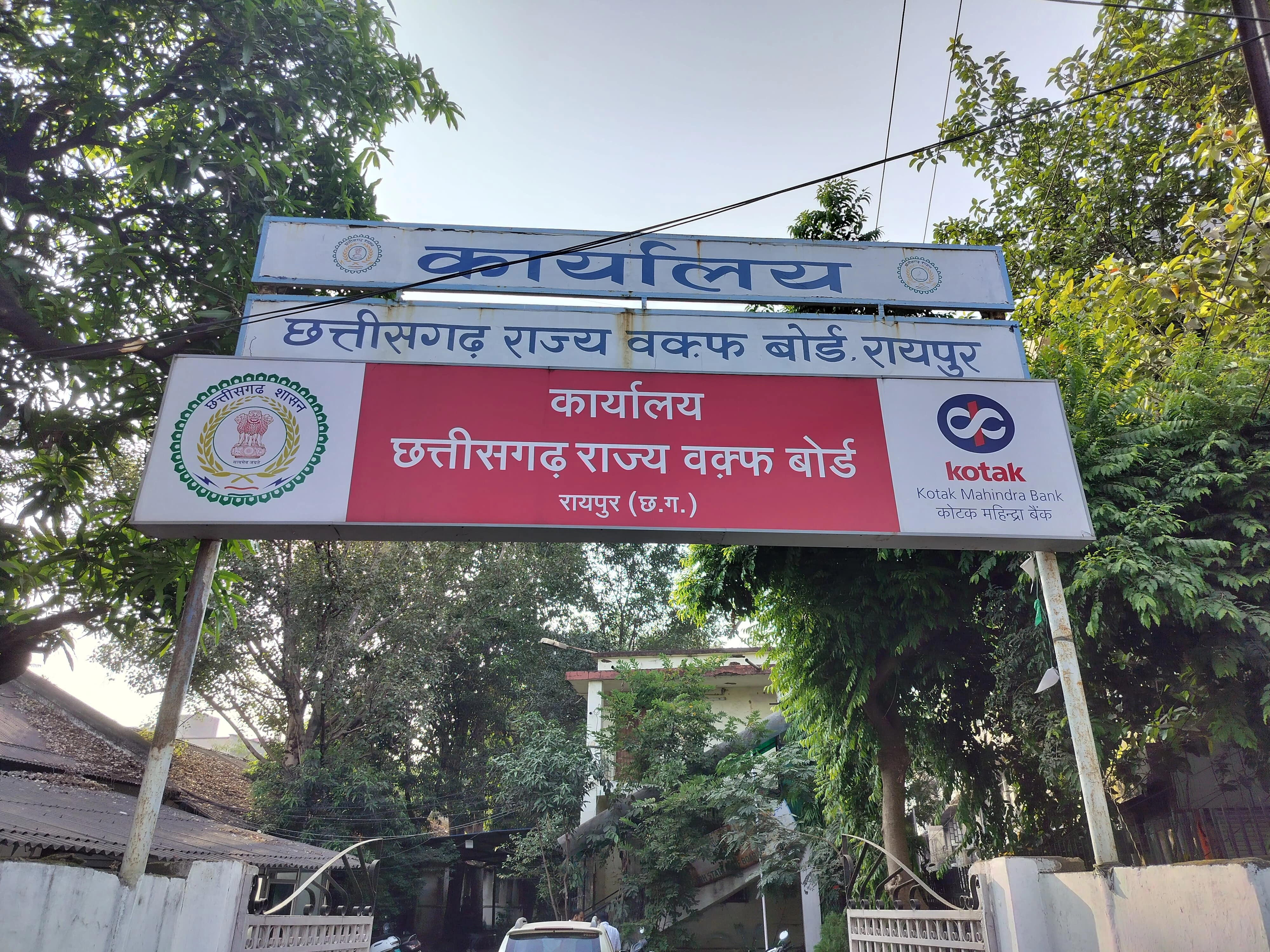The Waqf Amendment Bill is set to be presented in the Lok Sabha on Wednesday, just three days before the current session concludes. This legislation aims to bring significant changes to the management and regulation of waqf properties, which are assets dedicated for religious or charitable purposes in Islam. The bill is expected to address various issues that have long plagued the waqf system, including mismanagement, lack of transparency, and the need for enhanced governance structures. By introducing amendments, the government seeks to empower waqf boards, ensuring they operate more effectively and serve their intended purpose.
One of the key aspects of the Waqf Amendment Bill involves enhancing the powers of waqf boards and providing them with greater autonomy. This move is anticipated to facilitate better oversight and accountability in the administration of waqf properties. Furthermore, the bill may introduce measures aimed at streamlining the process for the registration and management of waqf assets, thereby reducing bureaucratic hurdles that have historically hindered the efficient use of these properties. Stakeholders are keenly watching the developments surrounding this bill, as it could lead to a more robust framework for waqf management and ultimately benefit the communities that rely on these resources.
As the Lok Sabha session draws to a close, the introduction of the Waqf Amendment Bill is a critical step in addressing longstanding challenges within the waqf system. Lawmakers and community leaders are expected to engage in robust discussions regarding the provisions of the bill, debating its potential impact on the governance of waqf properties. The outcome of this legislative initiative could have far-reaching implications for both the management of waqf assets and the communities that depend on them for educational, social, and religious services. As such, the bill is not just a matter of policy but also a significant element in the ongoing dialogue about the role of waqf in Indian society.




